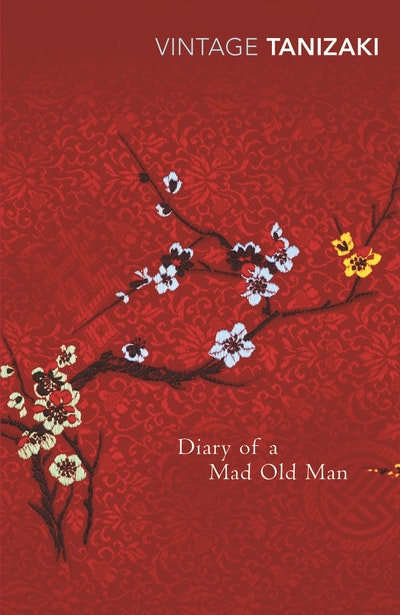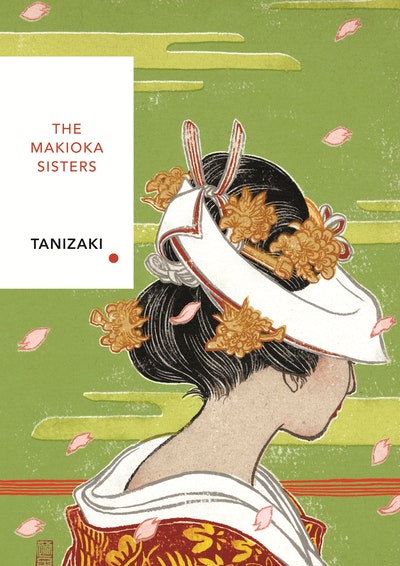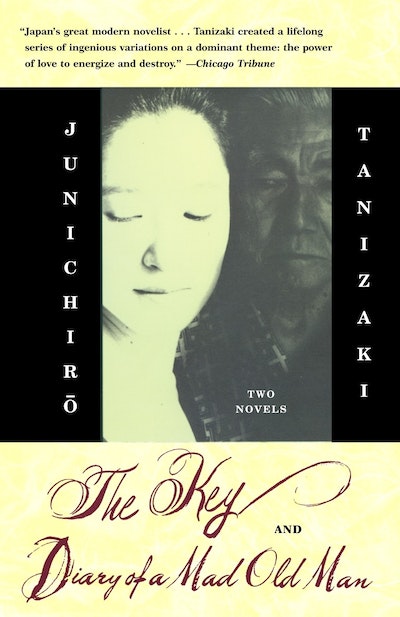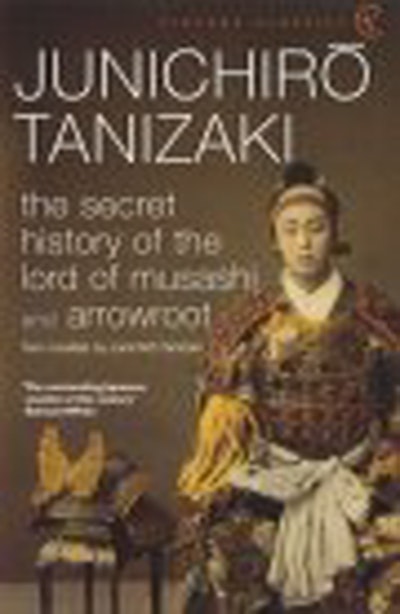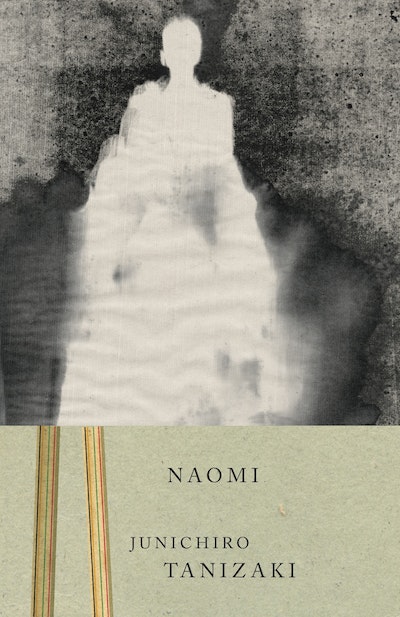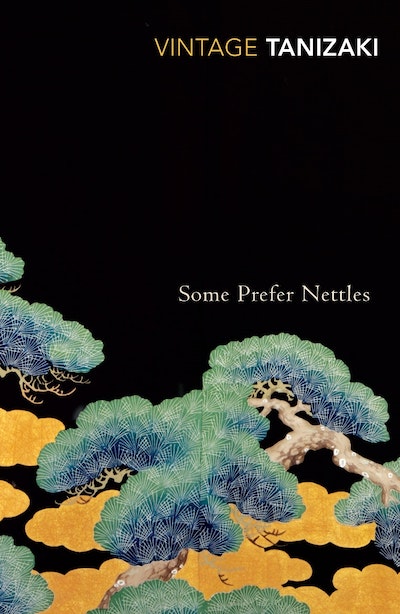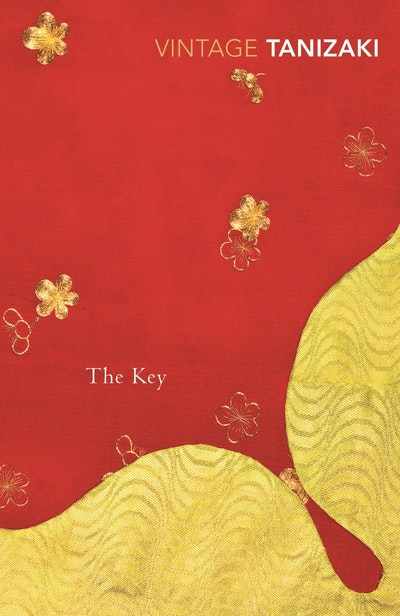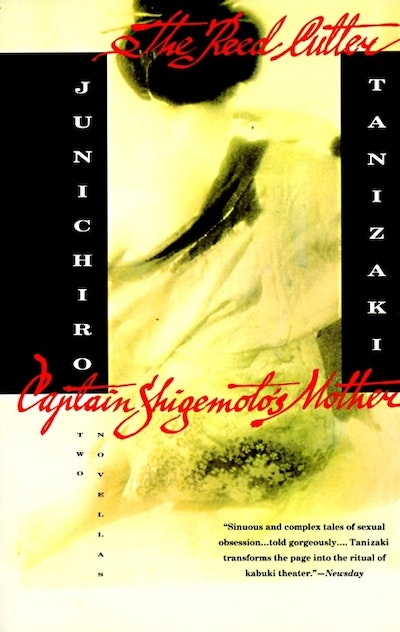- Published: 6 October 2000
- ISBN: 9780099285199
- Imprint: Vintage Classics
- Format: Paperback
- Pages: 192
- RRP: $27.99
Diary of a Mad Old Man
- Published: 6 October 2000
- ISBN: 9780099285199
- Imprint: Vintage Classics
- Format: Paperback
- Pages: 192
- RRP: $27.99
Wonderful
Hanif Kureshi, Independent
His work is unclassifiable: by turns outre and dignified, passionate in its embrace of all things Western and eloquent in its memorializing of the traditional Japanese aesthetic, lightly comic, lyrically evocative and savagely cruel. In a land reputedly inhospitable to the individualist, it demands attention and has earned Tanizaki an undisputed place in the pantheon of 20th-century Japanese literature.
New York Times
An artistic masterpiece
Irish Times
A writer of wicked subtlety and grace
Sunday Times
Wonderful
Hanif Kureshi, Independent
A writer of wicked subtlety and grace
Sunday Times
An artistic masterpiece
Irish Times
His work is unclassifiable: by turns outre and dignified, passionate in its embrace of all things Western and eloquent in its memorializing of the traditional Japanese aesthetic, lightly comic, lyrically evocative and savagely cruel. In a land reputedly inhospitable to the individualist, it demands attention and has earned Tanizaki an undisputed place in the pantheon of 20th-century Japanese literature.
New York Times
